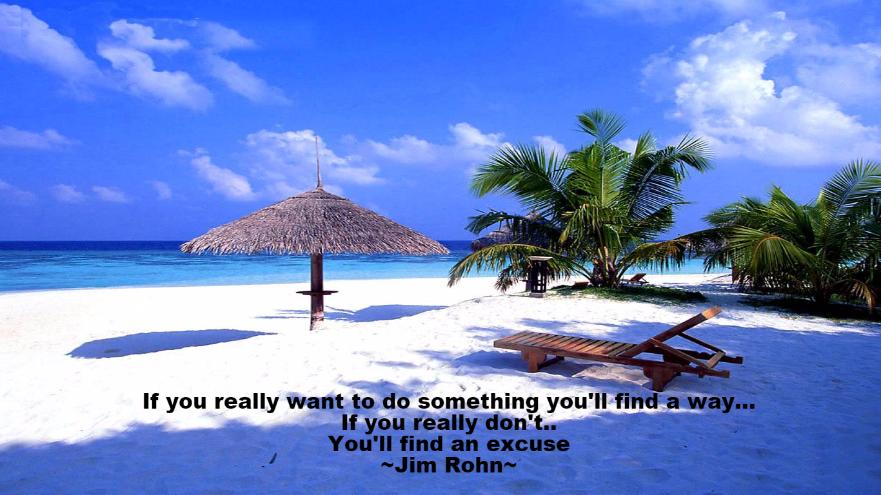
Success Coaching Program
All great athletes have one thing in common...a great coach that is invested in their success and pushes them to be their best.
When you sign up for a coaching program we form a pact. You and me. It works both ways.
You do the work it takes to be a success...I call you out on your reasons/excuses.
I challenge you to be the best version of yourself there can be...then I push you harder.
You may not like me all the time but I will take you farther than you could possibly imagine..and then you'll love me.
So I get asked "What does it take to be a good prospect for coaching"? "How do I know it will work for me"?
Here's some guidelines to be successful at my program.
- Be an active listener. Look this is YOUR life we are designing and you need to take an active role. Active listening takes energy. People who listen actively don't simply sit back and allow words to hit their eardrums. They sit up straight. They take notes. They ask questions. They repeat or "mirror back" what they've heard to ensure they've understood it properly. Active listeners are the ones who provide non-verbal gestures (e.g. eye contact, nodding, etc.) that indicate they're following (or not following) what you're saying.
Why is this habit important? We are going to spend much of our relationship talking and listening to one another. Active listening is critical for both parties.
2. Dedicated to their success. I'm not suggesting that people should have blinders on and be dedicated to only their own success. What I'm saying is that people who take pride in their work, who want to grow, and who truly care about their future are assets because of their high expectations.
Why is this habit important? It stands to reason that people who are dedicated to their own career success will want to make the most out of their involvement in the program. The most effective and most successful students are people who are dedicated to the idea of making their relationship work.
3. Dedicated to others' success. I put the "success" habits back to back so that it's clear they work in tandem. The most successful (and happiest) people in life are not in it just for themselves. They care about others and the people around them and have a genuine desire to see everyone and everything succeed: their business, their future, and the world as a whole.
Why is this habit important? People who realize that "it's not all about me" are much more willing to make a genuine investment in the coaching relationship.
4. Curious. People who are naturally curious tend to follow the "if there's a will, there's a way" philosophy. If they don't know the answer or if they need help with something, they won't sit back and wait; they'll go looking for the answers.
Why is this habit important? I've found that the "curious types" are the ones who'll take the time to do the work, listen to suggestions and seek out help; all of which help in making a successful coaching relationship.
5. Engaged with their surroundings. These people view their work as more than just a job. They show interest in their future, in the world around them, in the work that other people are doing, and in the charitable events associated with their community.
Why is this habit important? Having a "big picture" view of the world allows people to see how the success of their coaching relationship affects more than just the two people in the relationship.
6. Willing to step out of their comfort zones. These people are willing to try new things, consider new thoughts, and think outside of the proverbial box for the sake of personal and professional growth.
Why is this habit important? Students who are willing to try something new and give it a "go" will have the best chance at reaping the most benefits from the relationship.
7. The 3 R's: Responsible, Respectful, & Ready. People who are responsible, respectful, and ready to get started with new projects help make the day-to-day work experience a better one not only for themselves, but also for everyone around them.
Why is this habit important? Being successful in my program requires commitment -- you need to commit to regular meetings, do the work, set goals, chart progress, and learn to navigate a new relationship (and all the ups and downs) with dedication to yourself and your success. Its about more than a paycheck to me; I want to be fully invested in YOUR success.